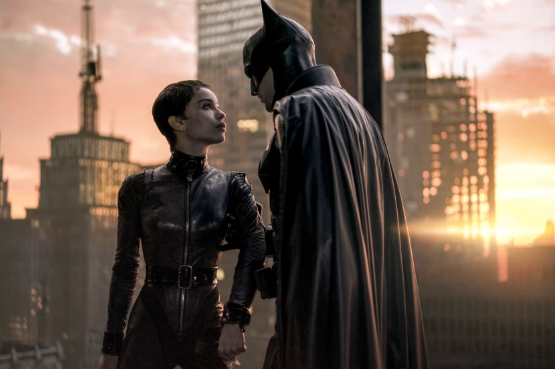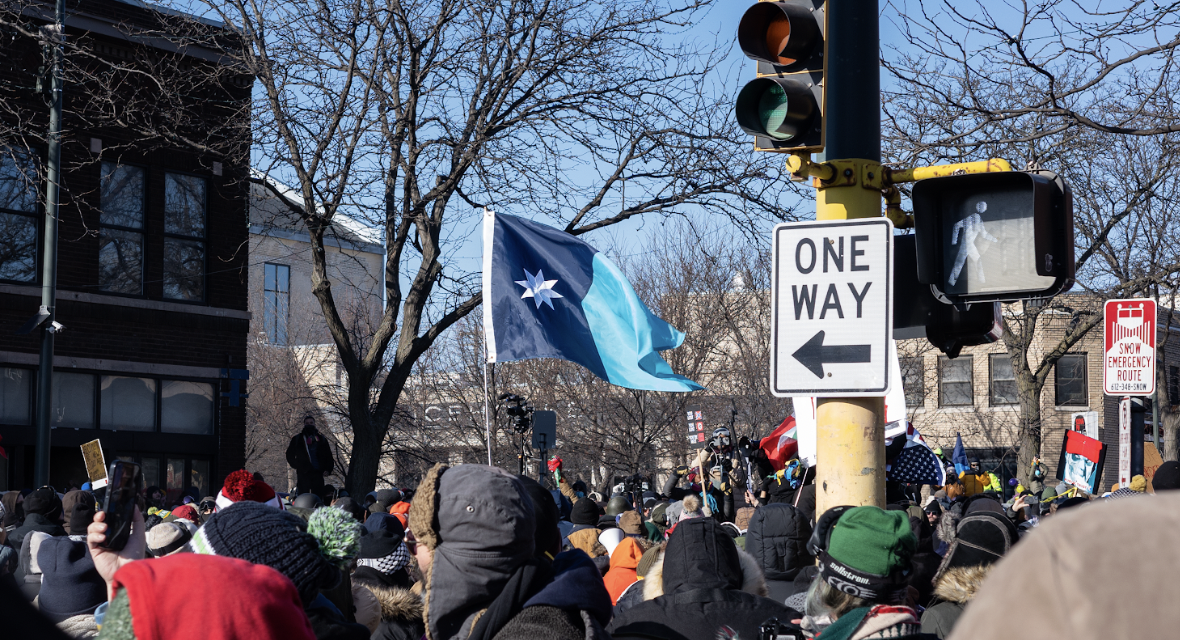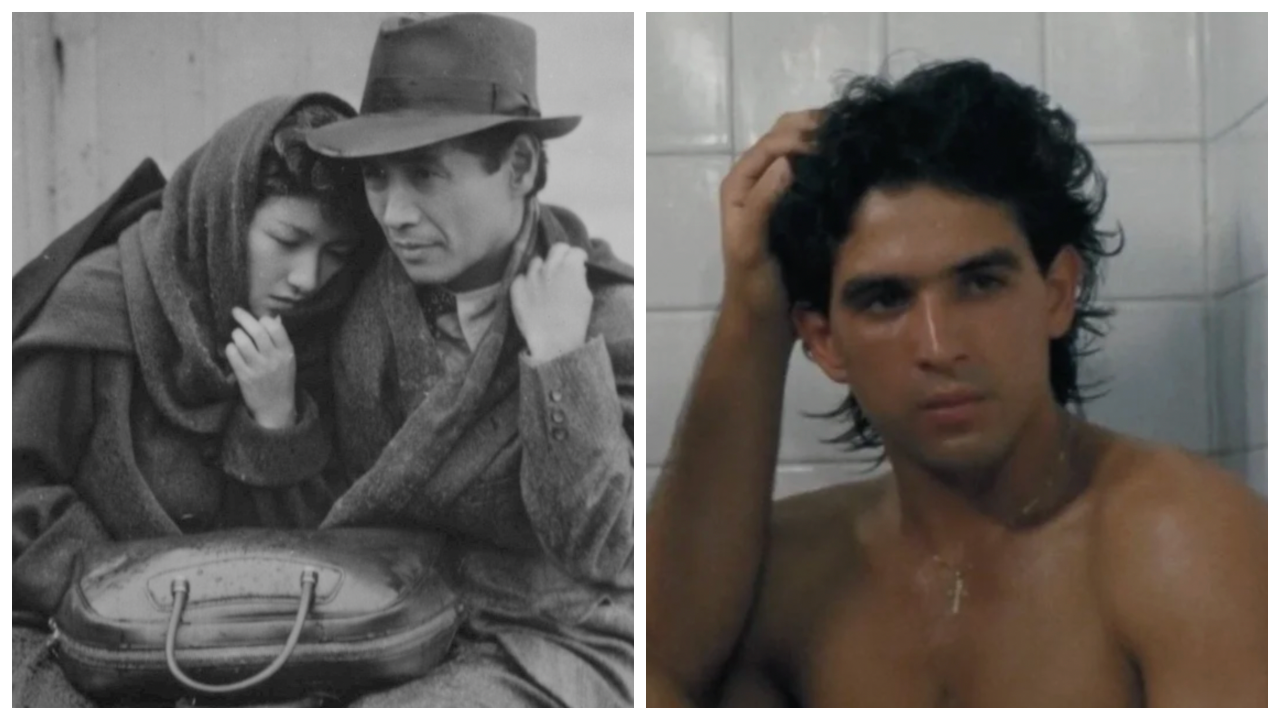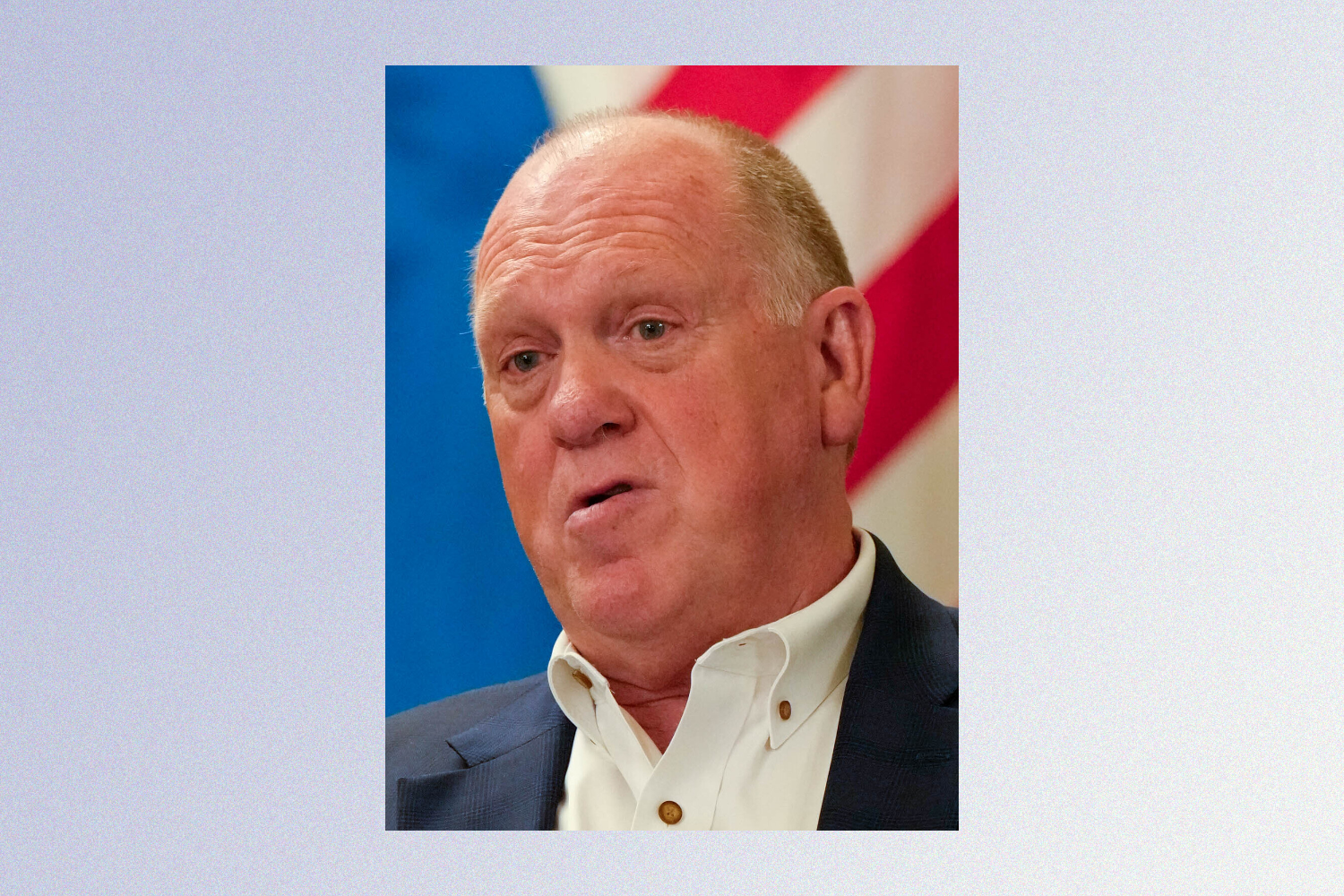Can anyone remember living in a world where we were not being promised a darker, truer version of Batman? And still such efforts persist. Someday humanity may yet achieve its dream of the perfect Batman movie: four hours of pitch-black screen soundtracked solely by grunts and punches.
Until then, there's Matt Reeves’s lurid, earnest, watchable, long, pretentious, adequate, unnecessary The Batman.
Here’s the gist: A duct-tape fiend with a taste for grisly puns and drab paramilitary garb who calls himself the Riddler is killing off Gotham bigwigs in a manner that exposes each victim’s dirty secrets. As he investigates, Batman soon realizes that even Bruce Wayne is somehow implicated in this violent debunking of the city’s founding myths.
Our hero investigates a club, run by mob boss Carmine Falcone (John Turturro) and his lowlife sidekick, the Penguin (Colin Ferrell), that’s teeming with high-level city officials and off-duty cops. Here he meets Selena Kyle (Zoë Kravitz), who, in her black leather catsuit, spin-kicks the patriarchy in a quest to find her abducted roommate. The two costumed vigilantes strike up an on-again off-again crimefighting partnership, but their goals differ. She’s geared up for the class war; he’s a billionaire slow to recognize that he protects the powerful while roughing up common street thugs. (Also, he’s kind of a fucking drag.)
Along the way there’s plenty of bam-pow-zap, shots glinting off body armor, and ingenious gadgetry, as well as an overlong car chase with the Penguin that’s about as thrilling as getting on the Crosstown from 35W South. But The Batman also brings us as close as we’ll ever come to actually seeing some "world’s greatest detecting"—one virtue of the Riddler is that his presence forces screenwriters to add some curlicues to the plot.
As that storied Batman foe, Paul Dano comes across as the kind of David Fincher fanboy who walked out of Zodiac frustrated that the murders stopped too soon. Predictably, he’s also the hero’s mirror, a vengeful orphan who finds his strength by concealing his identity. And yet, the truths about Gotham’s rotten ruling class that he leaks feel so mundane—I wish the biggest problem with my city’s police was that they were corrupt. Wouldn’t a Q-inflected Riddler who left Batman lost in a maze of lies and conspiracy theories better suit our age of metastasizing disinfo? (Also, lol, a cop scanning his social media accounts tells us “He has 500 followers.”) For all his pedantry, at least Christopher Nolan riffed off the surveillance state and Occupy.
But that’s the big lie about blockbuster movie franchises: that their styles and stories continue to reflect their cultural moment. Maybe once, but now, only their continued existence does. More often they’re just variations on a theme, at best capturing the filmmakers’ stylistic predilections, at worst marketing this year’s model, padded with big ideas about evil and vengeance and identity and power that let us pretend we’re thinking. At this point, I’d rather watch a stupid yet well-executed exercise in nihilism. If I hear another goddam word about what it means to be a hero I’m going to become the Joker.
Still, the least a Batman movie can do is imagine a relevant urban dystopia for its brooding hero to set right. Tim Burton’s Gotham was a stylized playpen of Weimar kink. Nolan worked through his Hobbesian crypto-authoritarian equations on the chalkboard of a faceless modern city. (Poor Zack Snyder, he’s a special case: I think he believes his movies really happened.)
Reeves’s Gotham is “cinematic”—at least in the sense that you’ve seen every aspect of it in movies before. A master mix of every urban decay cliché, The Batman plunges us into the nightmare city every suburban retiree sees confirmed all day on cable news. It's a pastiche of Travis Bickle’s New York, ’90s signifiers of “decadence” (underground dance clubs and fashionable street drugs), old Hollywood mob bosses, and even ’00s torture porn, with the Riddler a more purpose-driven Jigsaw. The soundtrack riffs monotonously off Nirvana’s “Something in the Way” and “Ave Maria” to generate a mood of stately, stale foreboding.
The film is well-cast almost to a fault. Kravitz is sleek and committed, with little interest in the slinkier side of Catwoman. Ferrell’s conception of the Penguin is De Niro’s Act III Jake LaMotta after cosmetological malpractice. As Jim Gordon, poor Jeffrey Wright is tasked with the thankless role of playing Watson to the Batman’s Holmes, always one beat behind. Turturro’s understated Carmine Falcone is weirdly magnetic, so surprisingly multidimensional he belongs in a much better gangster movie. (I say this with trepidation, lest a ten-episode Falcone comes to HBO MAX this fall.)
Which brings us to Robert Pattinson, who, if nothing else, delivers the first Bruce Wayne who looks weirder than Batman. He’s not a larger-than-life crusader with tragic flaws; he’s an all-too-fallible guy who can’t stick the landing after his most dazzling, daring escape. A spoiled kid who feels righteous because he’s miserable, this Batman is a sullen nullity, and his arc from vengeful emo to heroic protector feels more like a dramatic obligation than a performance meant to rouse an emotional connection. At least there’s no multiversal trickery that enables him to talk out his The Batmanly feelings with two other The Batmen.
Early reviews of The Batman, discounting pure fan drool, seem weirdly grateful for Reeves’s modest achievements. A relatively engaging movie with visual coherence, some rave. “Noir” has been all too casually applied, so either some publicist cleverly seeded that word with critics or we’re just using it to describe any dark and rainy movie with a voiceover now. One critic discerned “insane chemistry” in its chaste Cat-Bat kisses, showing how thoroughly Marvel has spayed some of you numb-nads. Greig Fraser’s murky cinematography is already as overpraised as his work on Dune was, making me wonder how long it’s been since some moviegoers have watched anything that wasn’t wholly green-screened.
On the other hand, the most common complaint about The Batman is the least germane. Yes, at nearly three hours, it’s too long, but honestly it has fewer pacing issues than plenty of shorter blockbusters. And if you have to pee, there’s an ideal moment almost exactly two hours in where Bruce and Alfred (Andy Serkis in a rare human role) have an extended heart-to-heart in a hospital. I was able to dash to the AMC urinals and back, with enough time allotted for proper hand-washing. When I settled back in my seat they were still talking about Bruce’s dead parents or whatever.
Batman is playing pretty much everywhere. More film listings here.






